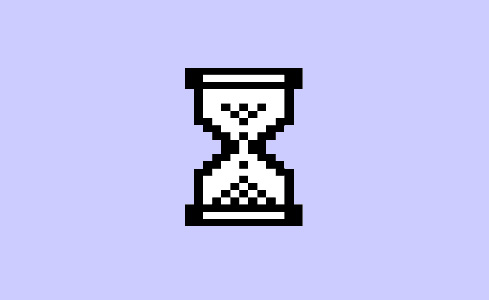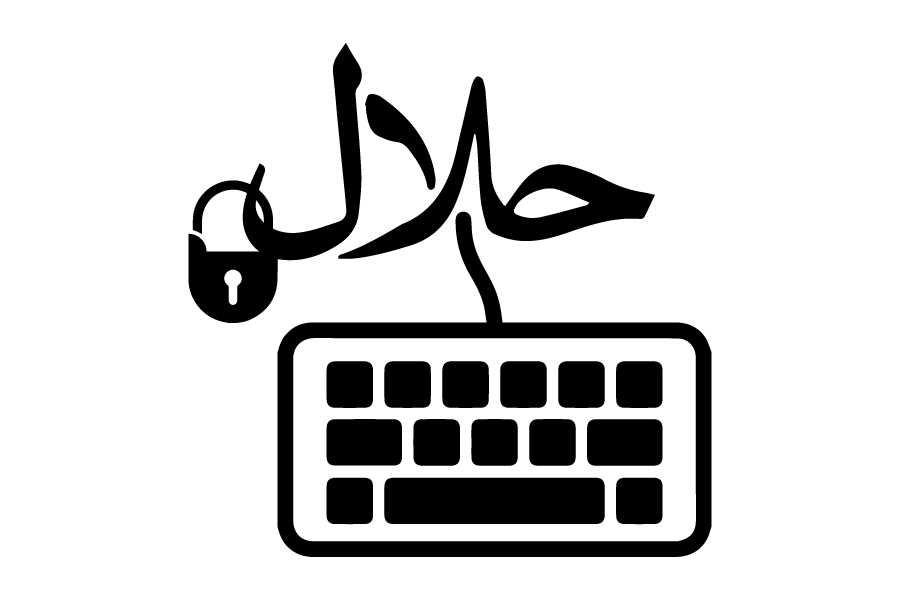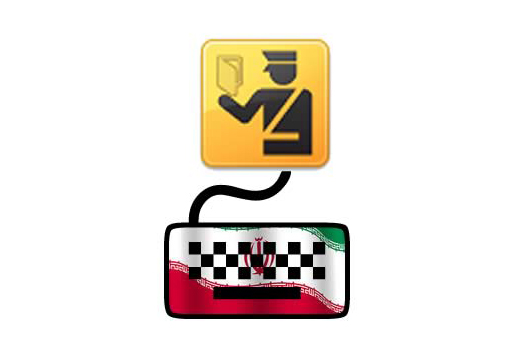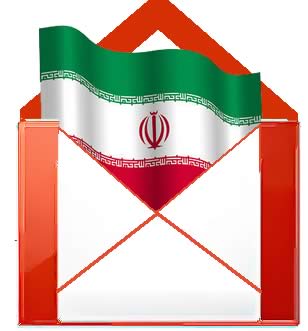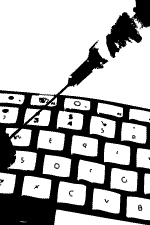February 14, 2012
Arseh Sevom --- Reports from the Islamic Republic of Iran about internet speeds, work to create a parallel cyber Iran, and the growing success of filtering systems paint a picture of desperate efforts to exert control over the population. Iran is not alone in its efforts. North Korea has their own "intranet" called Kwang Myong ("light" or "hope, fair, just, open"). The North Korean version duplicates external content it deems acceptable. Iran's new closed intranet is expected to do the same, in a cyber version of what the state already does in traditional media by cherry-picking content from international sources and editing or translating it in ways that often distort the original meaning.



